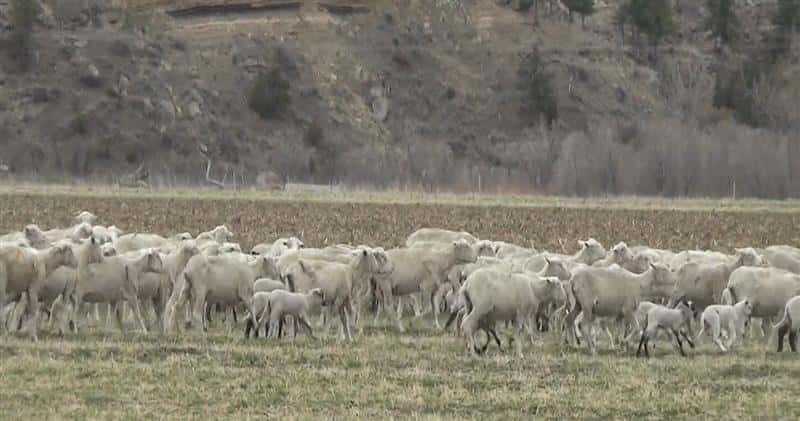With votes still being tallied for US Senate and Representative seats, one voting measure that is a closed case is the ballot initiative presented to Denver voters to ban slaughterhouses within Denver city limits. Denver initiated ordinance 309 would have prohibited slaughterhouses, and, in connection, beginning January 1, 2026, prohibit the construction, maintenance, or use of slaughterhouses within the city. It would also require the city to prioritize residents whose employment is affected by the ordinance in workforce training or employment assistance programs.
However, Denver voters voted it down in a landslide fashion; 140,457 voting against the initiative and 77,102 voting for it. The 65 percent to 35 percent difference is a win for not only the 160 employees at Superior Lamb Processors who would have directly been affected by the ordinance, but the thousands of people indirectly related to the processing plant. Those indirect effects would have been a blow to sheep producers of the Northern Ag territory as Superior Farms processes lambs from Montana, Wyoming, the Dakotas, and many more surrounding states.
In a social post from the American Sheep Industry Association, Superior Farms General Manager Gustavo Fernandez thanked the Denver voters for their support.
“I can’t tell you how relieved I am,” said Gustavo Fernandez, General Manager of Superior Farms Denver, who has worked there for over 30 years. “I and the workers at this facility just want to do our jobs and provide for our families. Now we can get back to that without this huge weight on our shoulders. Thank you, Denver!”
A Colorado State University study showed the proposed slaughterhouse ban could have cost the economy up to $861 million and threatened more than 2,700 jobs. The cost of a ban would have also been passed on to consumers with the additional cost of shipping more of Denver’s food supply from further away– increasing carbon emissions and making our food supply chain less sustainable.
####
Northern Ag Network – 2024


